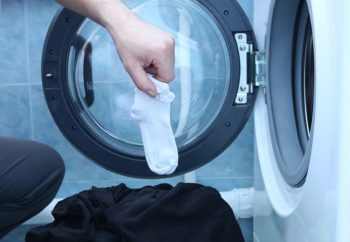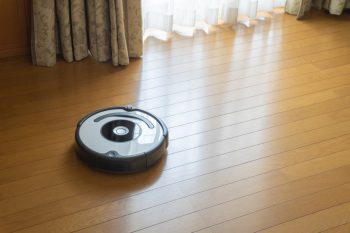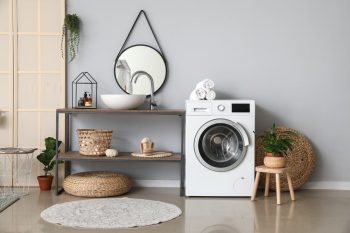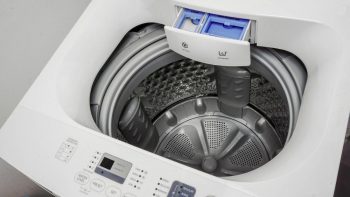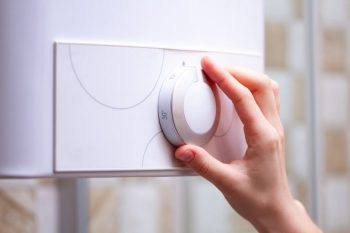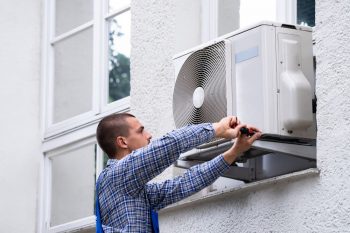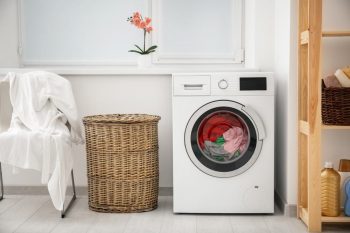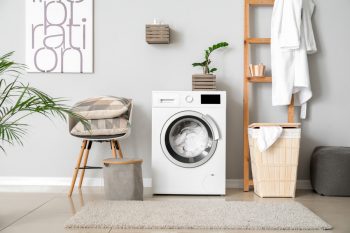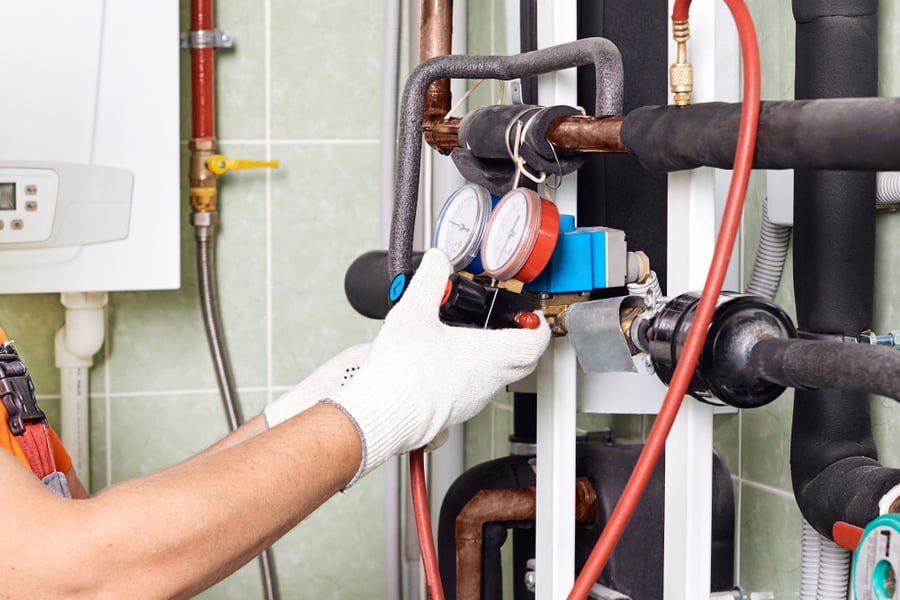
Do you ever feel like your heating and cooling system is too hot? Are you worried that it may put your family’s safety at risk?
Heating and cooling systems can overheat for many reasons, so it’s important to be aware of the causes and the steps you can take to ensure your unit is running properly.
- Regular maintenance is key to preventing your HVAC system from overheating. Make sure to clean or change your air filters every month and inspect the outside of your unit for debris or obstructions.
- Never set your thermostat too high or leave it on for too long, as this can cause your system to overheat.
- If you notice hot air coming from your vents, loud banging and rattling noises, or your home feeling too warm despite the thermostat being set to a reasonable temperature, these are all signs that your system needs attention.
- If your system is still overheating after maintenance, it’s best to call a professional HVAC technician for diagnosis and repair.
In this comprehensive guide, we’ll walk you through why heating and cooling systems overheat, the signs that your system is too hot, and what you can do to ensure it’s running safely and efficiently. Read on to get the answers you need and keep your family safe.
4 Common Reasons Why Heating & Cooling Systems Overheat
An overheated HVAC system can be dangerous and result in costly repairs if not attended to quickly.
To ensure your system stays in top condition, it’s important to understand the most common causes of overheating.
Here are four of the most frequent reasons behind an overheating HVAC system:
1. Low Refrigerant Levels
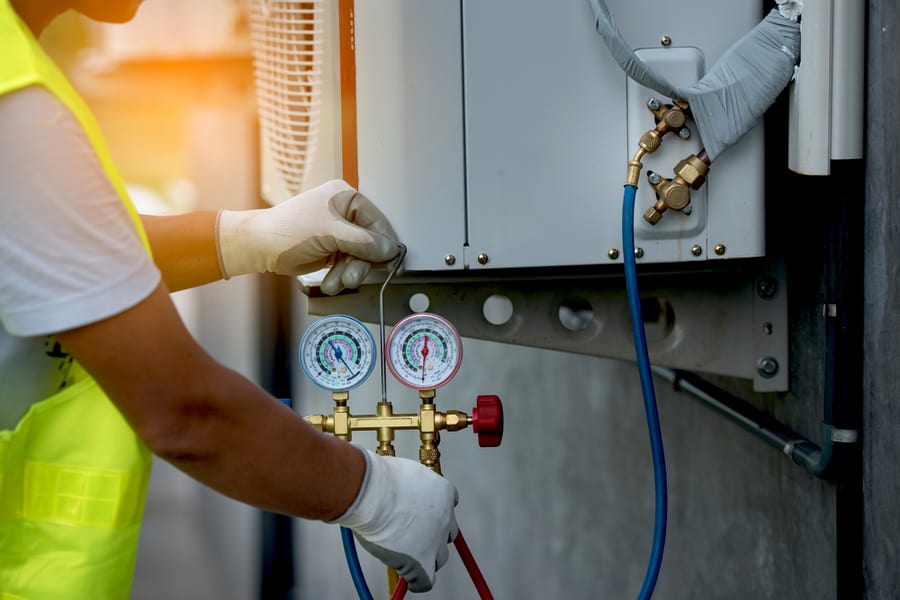
Refrigerant is the lifeblood of your HVAC system, and the cooling process needs to occur.
When the refrigerant level is low due to a leak, your HVAC system is forced to work harder than normal to condition the air in your home. This increased strain on your system can result in overheating.
Tip: It’s time to call for professional help when you notice your refrigerant levels are low.
2. Clogged Air Filter
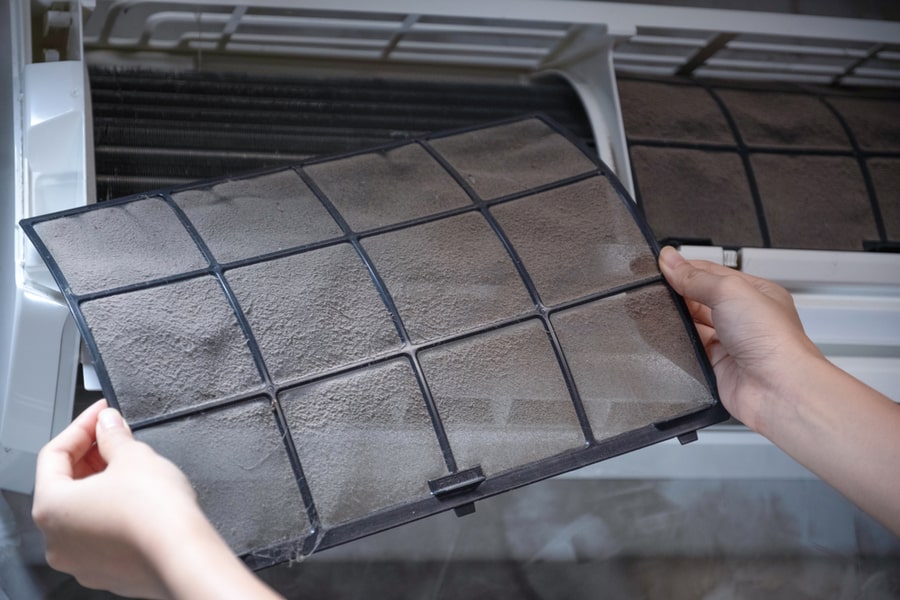
An air filter clogged with dust and debris is a major health hazard and can cause your system to overheat. When the filter is blocked, it restricts the airflow, making the system overworked.
Tip: Check your air filter every month and replace it if necessary. A clean air filter allows your system to work more efficiently and prevents the need for repairs due to overheating.
3. Poor Ventilation Around the Outdoor Unit
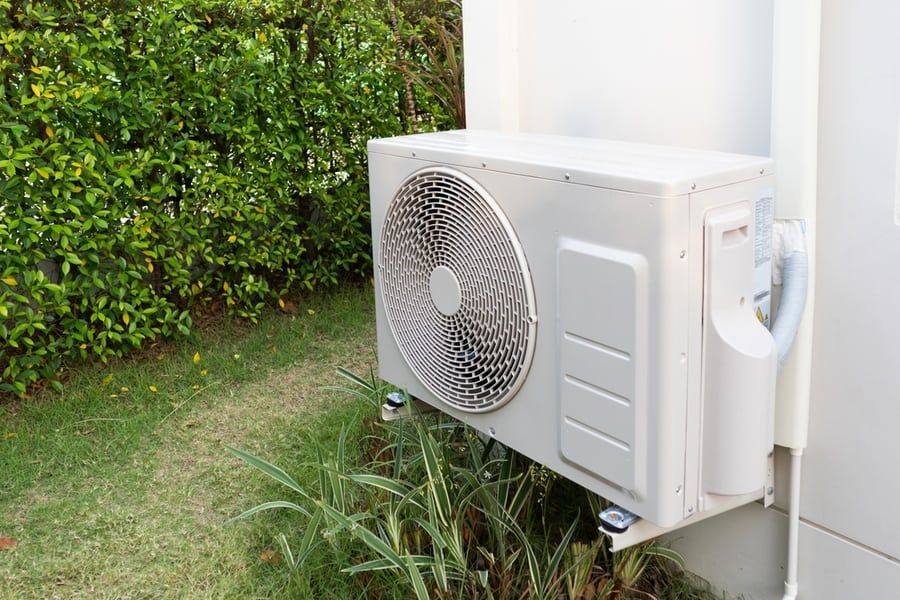
Your outdoor unit needs adequate ventilation to properly release the heat it collects from inside your home. If the outdoor unit is blocked or has poor ventilation, then all of the heat will not be able to escape, and the system will overheat.
Tip: Ensure your outdoor unit is properly ventilated, and there is plenty of room to work efficiently.
4. Dirty Condenser Coils
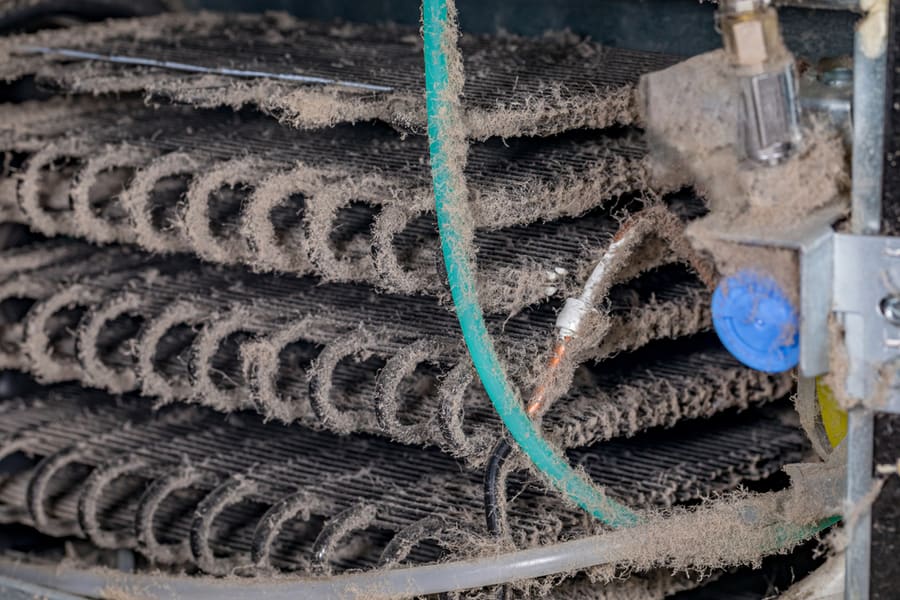
The condenser’s heat-releasing coils can get very dirty over time. This grime prevents the heat from escaping and causes your system to work harder, which can lead to overheating.
Tip: Invest in a professional cleaning service to keep your condenser coils clean and dust-free. This will help your system work efficiently and reduce the risk of it overheating.
What Can You Do To Prevent Your Heating & Cooling System From Overheating?
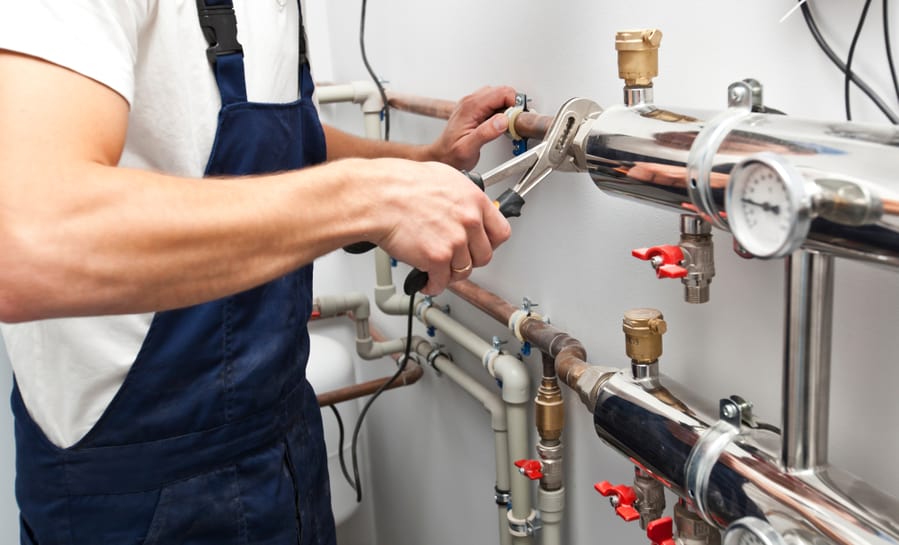
There are several steps you can take to prevent your system from overheating. First and foremost, regular maintenance is key.
Change or clean your air filters monthly and ensure all electrical connections are tight and secure. It would help if you also inspected the outside of your unit for any debris or obstructions blocking the airflow.
Additionally, you should ensure that there are no plants or landscaping near the unit that could hinder its performance. Keeping the unit clear of fallen leaves or grass clippings is also important.
Lastly, keep an eye on your thermostat; if the temperature is set too high or left on for too long, it can cause your heating and cooling system to overheat.
One of the most obvious signs that your system is running too hot is that it will shut off shortly after being turned on. In addition to shutting off prematurely, you may notice the following signs:
- The air coming out of the vents is hot and smoky.
- Your furnace or other unit makes loud banging and rattling noises.
- You feel uncomfortably warm inside your home, even when the thermostat is set to a reasonable temperature.
Conclusion
No one wants to deal with an overheating system, so it’s important to stay on top of regular maintenance. We try our best to keep our systems running in optimal conditions, but sometimes issues can arise that require the help of a qualified HVAC technician.
Paying attention to the signs that your system is too hot and taking the necessary steps to prevent overheating can help ensure your home stays comfortably cool.
Remember: Prevention is key!
Frequently Asked Questions
What if My Heating & Cooling System Still Overheats After I Do Maintenance?
If your system is still overheating after regular maintenance, it may be time to call a professional HVAC technician.
They can diagnose the problem and recommend a course of action.
Can I Remove Debris or Obstructions From My Unit Myself?
Yes, you can remove debris or obstructions from your unit. However, it is important to be careful when to avoid damaging the unit or injuring yourself.
What Causes a House Thermostat To Fail?
There are many possible causes for a thermostat failure, including faulty wiring, improper calibration, and power surges.
If you suspect your thermostat has failed, you should contact an HVAC technician for assistance.

